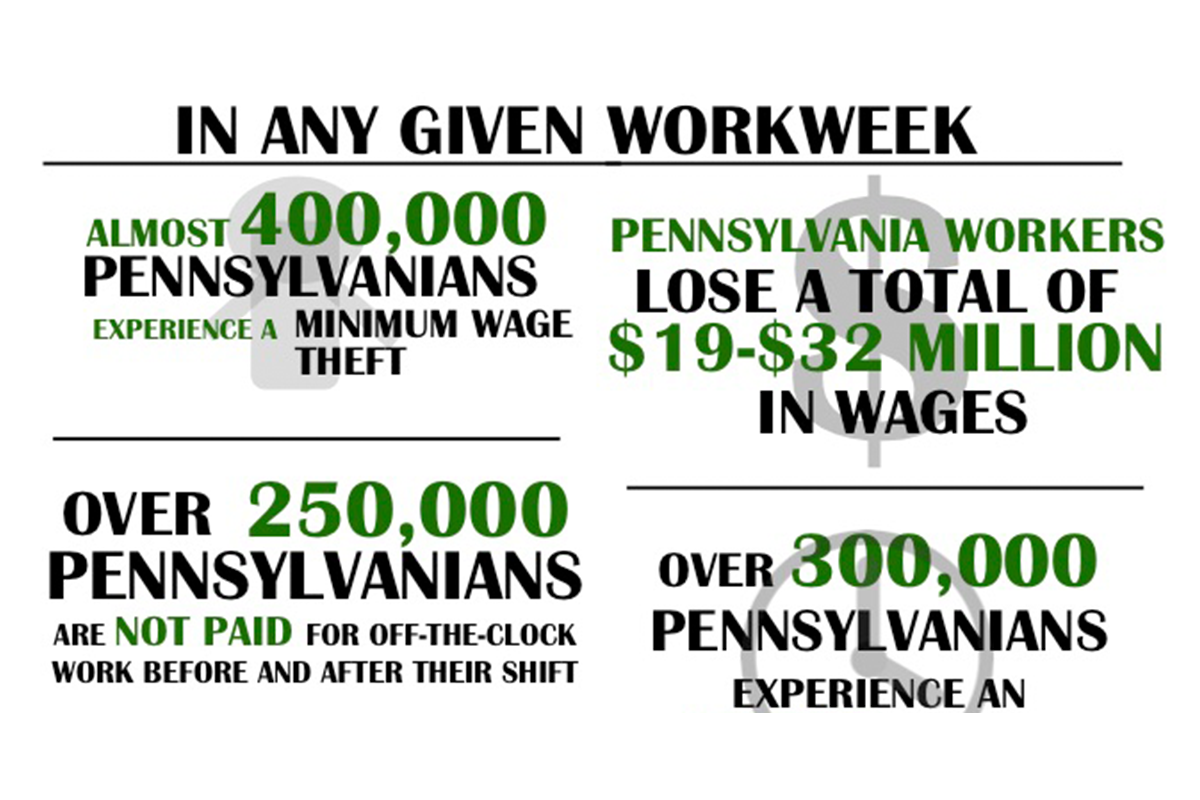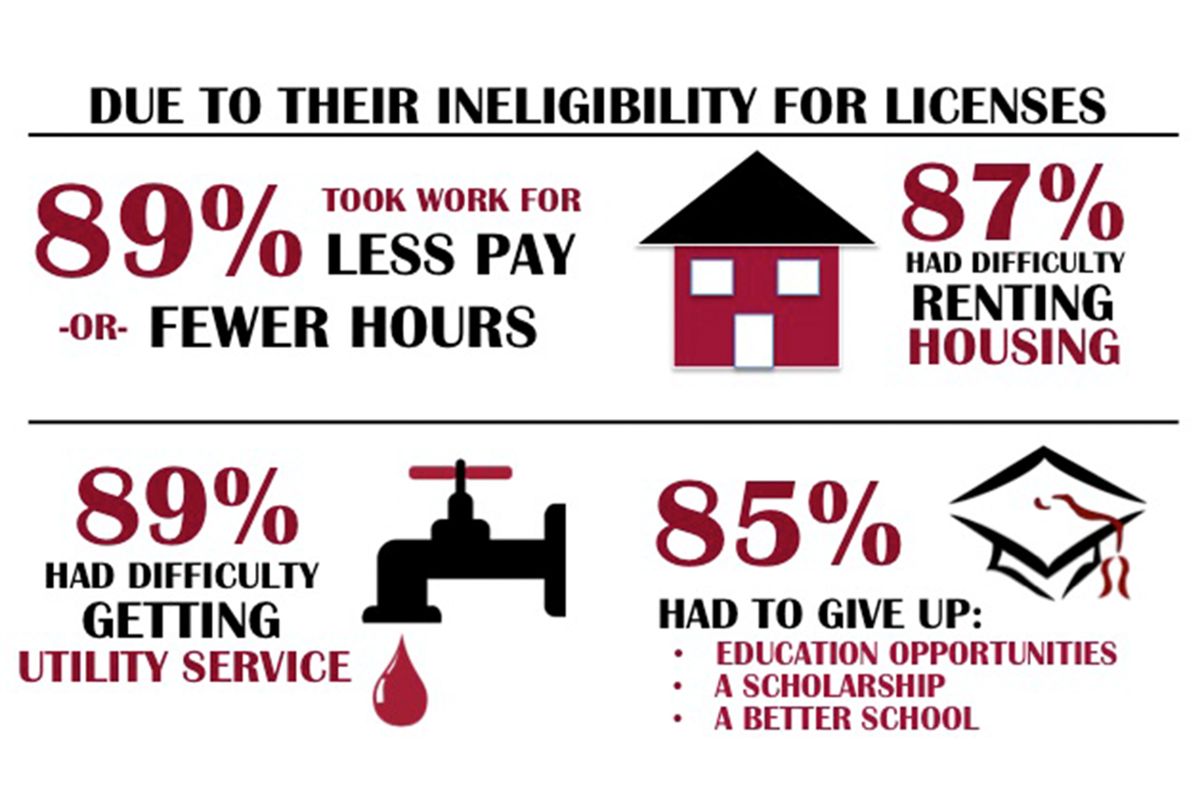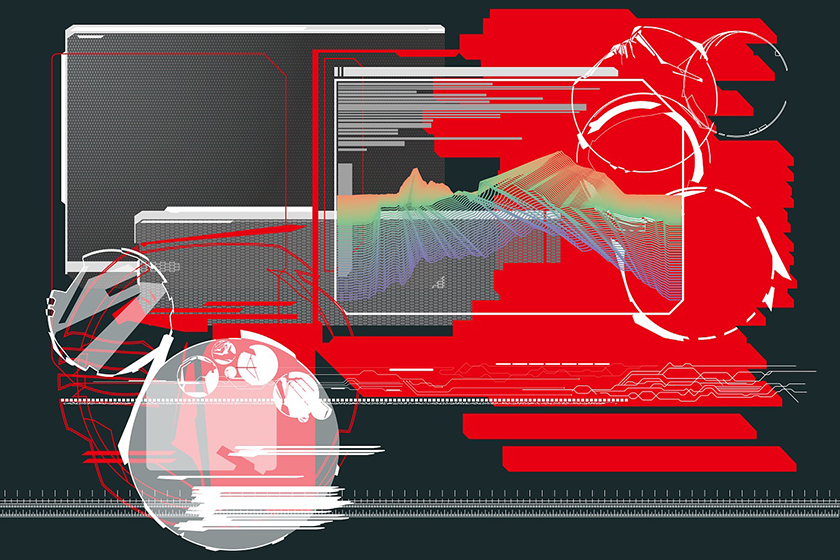Long-awaited decision here finding the President to have exclusive recognition power, trumping Congress’ attempt to require birthplace of US citizens born in Jerusalem to be recorded as “Israel” on US passports issued to them. 1. Phew. Who knows what the response would have been in the Middle East if the Court had come out the other way. Maybe nothing, but it’s obviously still a tinderbox in which little sparks can lead to firestorms. 2. Though the President wins, Kennedy’s opinion cuts back on Curtiss-Wright, dismissing its broad characterization of executive power as dicta. “In a world that is ever more compressed and interdependent, it is essential the congressional role in foreign affairs be understood and respected. For it is Congress that makes laws, and in countless ways its laws will and should shape the Nation’s course. The Executive is not free from the ordinary controls and checks of Congress merely because foreign affairs are at issue. See, e.g., Medellín v. Texas, 552 U. S. 491, 523–532 (2008); Youngstown, 343 U. S., at 589; Little v. Barreme, 2 Cranch 170, 177–179 (1804); Glennon, Two Views …








